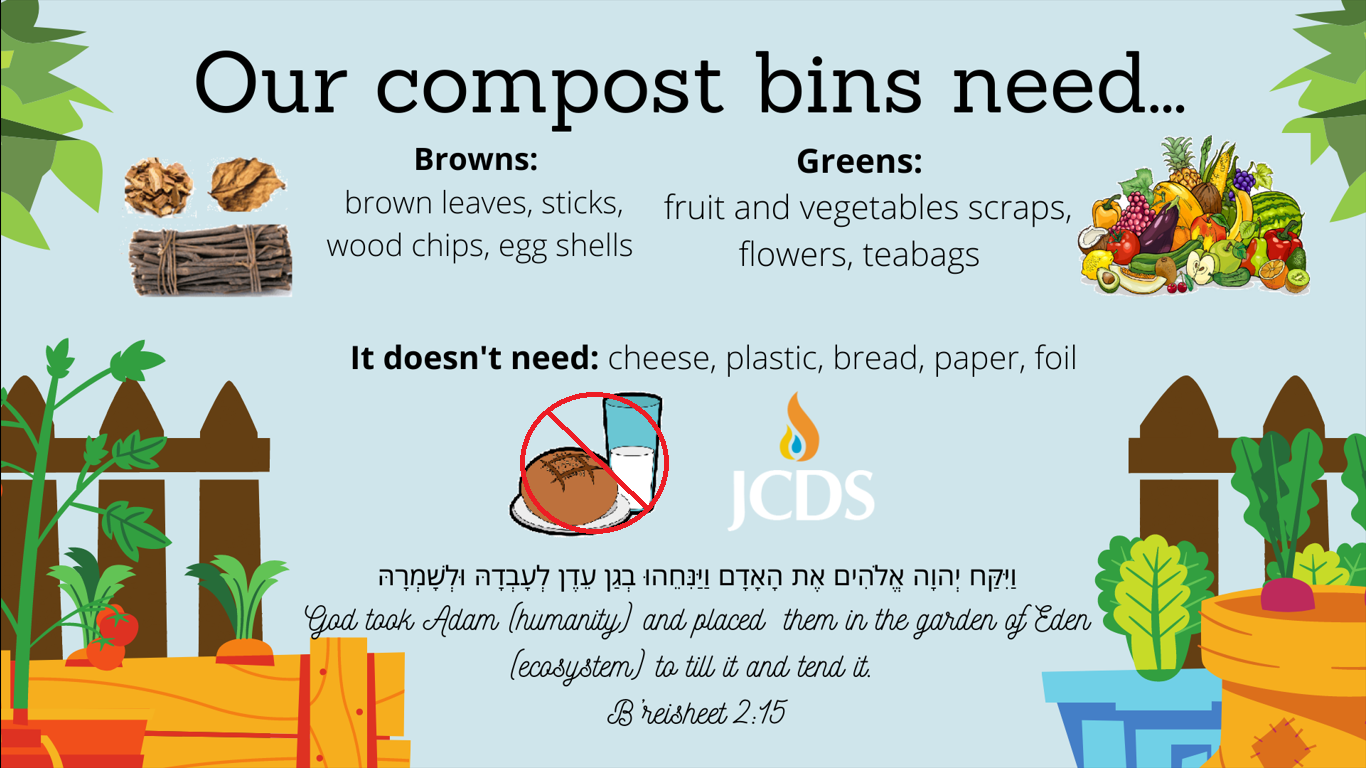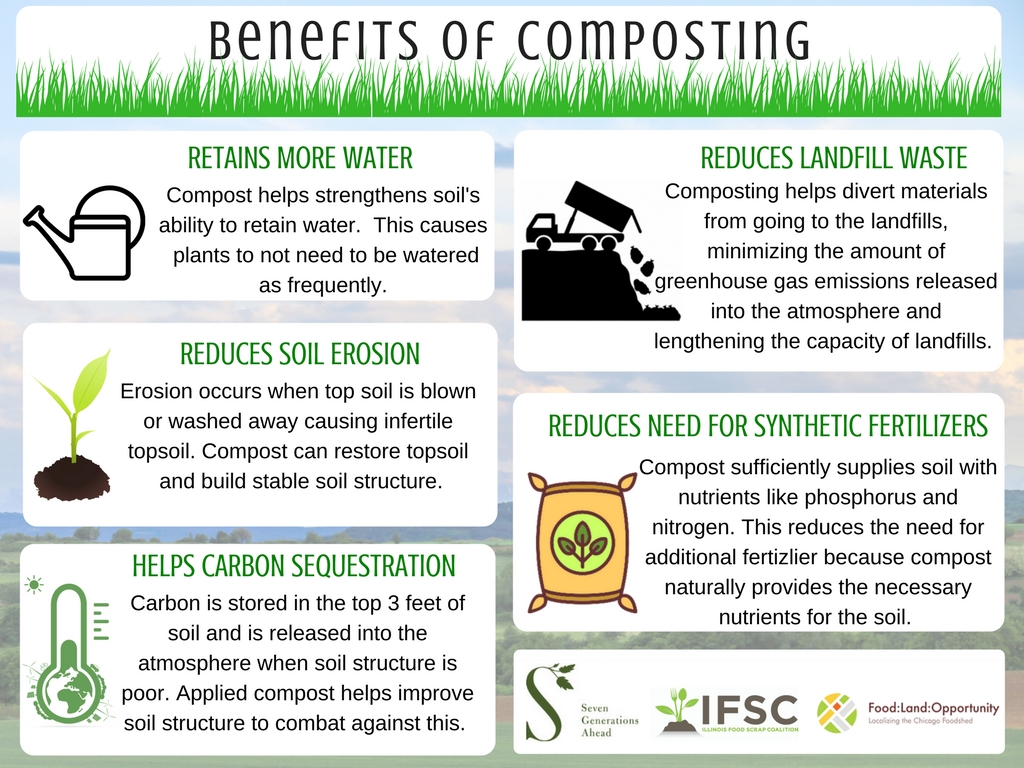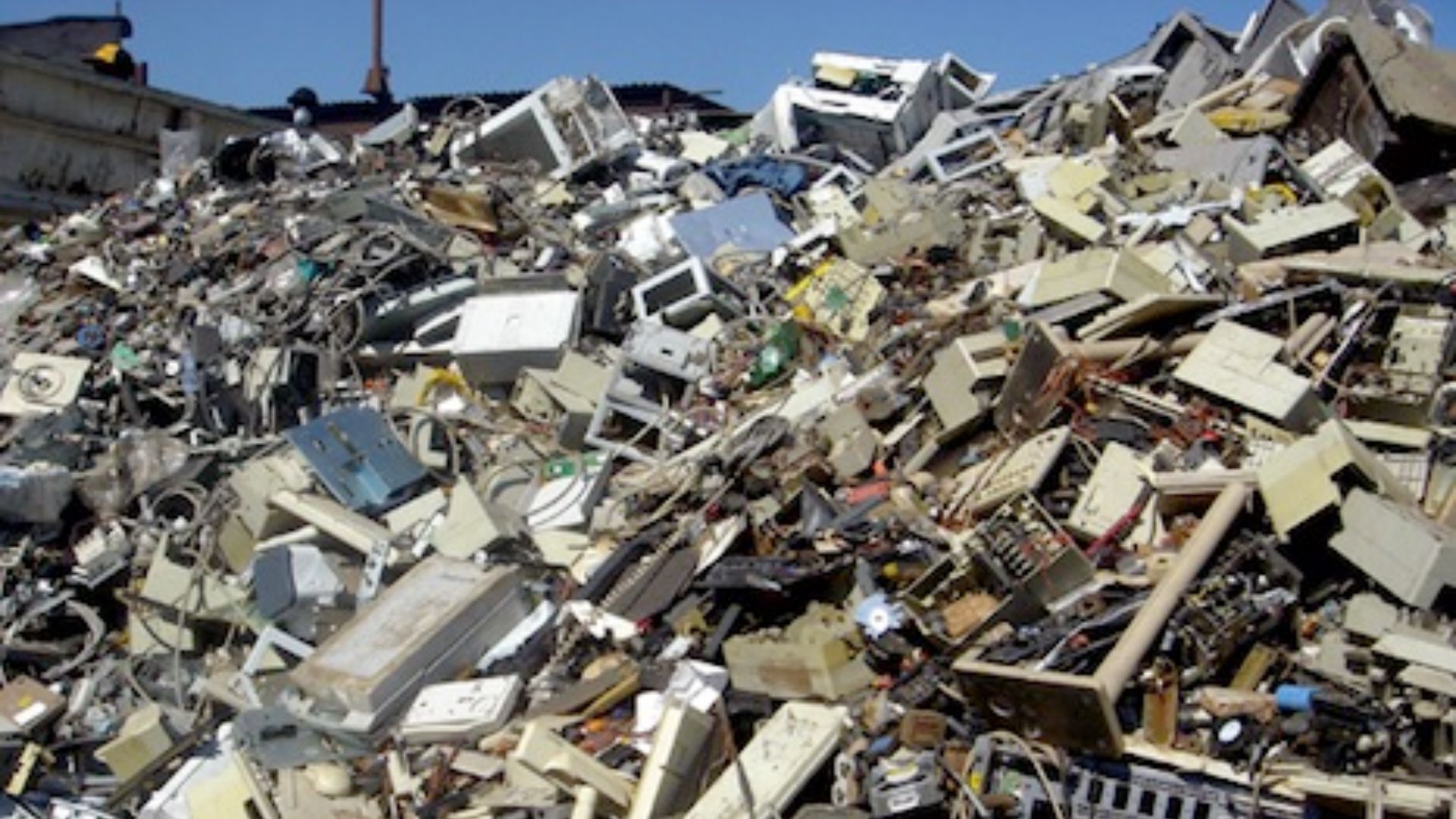Composting, a natural process that transforms organic waste into nutrient-rich soil conditioner, offers a plethora of benefits, contributing to environmental sustainability and improved soil health. In this article, we will delve into the richness of composting.

Environmental Impact: Nurturing the Planet through Composting
Composting plays a pivotal role in reducing greenhouse gas emissions and mitigating climate change. By diverting organic waste from landfills, where it would decompose anaerobically and produce methane, composting fosters an aerobic breakdown, minimizing harmful emissions. This eco-friendly process aligns with the global agenda to combat climate change and fosters a healthier planet.
Soil Enrichment: Fostering Nutrient-Rich Gardens and Farms
One of the most notable advantages of composting is its ability to enhance soil fertility. Compost acts as a natural fertilizer, enriching the soil with essential nutrients, organic matter, and beneficial microorganisms. This nutrient-rich soil not only boosts plant growth but also improves water retention, reducing the need for synthetic fertilizers and promoting sustainable agriculture practices.
Waste Reduction: Alleviating the Burden on Landfills
Composting significantly reduces the volume of waste destined for landfills. Organic waste, which constitutes a substantial portion of household and garden refuse, finds a second life as compost. Therefore, this diversion lessens the strain on landfills, extending their lifespan and reducing the environmental footprint associated with waste disposal.
Cost-Efficient and Sustainable: Composting for Budget and Environment
Moreover, composting presents a cost-effective waste management solution for both households and municipalities. The reduced reliance on synthetic fertilizers translates to financial savings for farmers, while municipalities benefit from decreased waste disposal costs. Embracing composting aligns with the principles of sustainability, offering economic advantages while fostering environmental responsibility.
Weed and Pest Control: Natural Solutions for Gardening Woes
Compost acts as a natural weed suppressor and pest deterrent. The introduction of compost to garden beds creates an environment that hinders weed growth, reducing the need for chemical herbicides. Additionally, the diverse microbial life in compost helps control harmful pests, promoting a balanced ecosystem within the soil and minimizing the use of harmful pesticides.
Water Conservation: Retaining Moisture for Thriving Plants
Compost’s water-retention properties are a boon for regions facing water scarcity. The organic matter in compost improves soil structure, allowing it to retain water more effectively. This not only ensures a consistent water supply for plants but also contributes to water conservation by reducing runoff and enhancing the soil’s ability to absorb and store moisture.
Community Building: Fostering Sustainable Practices Together
Composting fosters a sense of community involvement and cooperation. Hence, shared composting initiatives in neighborhoods or community gardens promote a collective commitment to sustainable practices. As individuals come together to compost, they not only contribute to waste reduction but also build stronger community bonds centered around environmental stewardship.
Educational Opportunities: Cultivating Awareness and Responsibility
Lastly, the practice of composting provides valuable educational opportunities. From schools to community workshops, incorporating composting into educational programs imparts knowledge about waste management, environmental sustainability, and the interconnectedness of ecosystems. By instilling these principles early on, composting cultivates a sense of responsibility and environmental awareness among future generations.
Biodiversity Boost: Creating a Haven for Beneficial Organisms
Composting fosters biodiversity in the soil by providing a habitat for beneficial organisms such as earthworms, beetles, and microorganisms. These creatures play a crucial role in soil aeration, nutrient cycling, and overall ecosystem health. As compost enriches the soil, it becomes a thriving environment for these allies, promoting a balanced and resilient ecosystem. The increased biodiversity not only enhances the health of the compost but also contributes to the vitality of surrounding plants, creating a harmonious microcosm that benefits both nature and agriculture.
Conclusion
In conclusion, composting transcends being a simple waste management method; it emerges as a transformative practice with far-reaching benefits. From nurturing the environment to fostering sustainable agriculture and community engagement. Hence the richness of composting stands as a powerful tool in the collective journey toward a greener, healthier planet.



